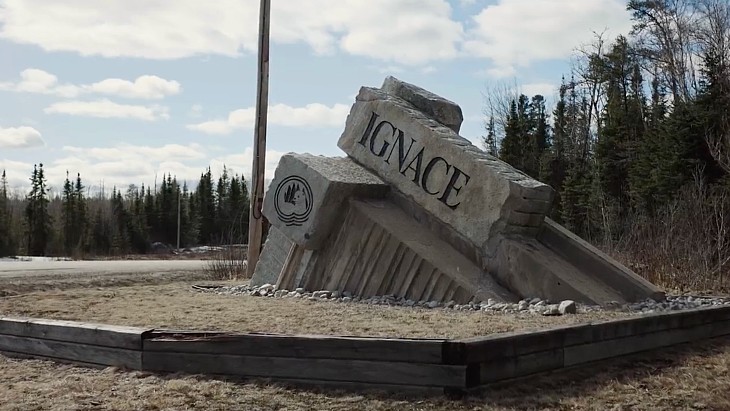Cancellation leaves no options for US waste
A plan to create an interim store for used nuclear fuel in Utah is officially dead after Private Fuel Storage decided to give up on building the facility in the face of federal obstruction. The move leaves the USA reliant on temporary storage at power plants for the foreseeable future.
A plan to create an interim store for used nuclear fuel in Utah is officially dead after Private Fuel Storage (PFS) decided to give up on building the facility in the face of federal obstruction. The move leaves the USA reliant on temporary storage at power plants for the foreseeable future.
American legislation places the federal government in charge of the long-term management of used reactor fuel with all funding coming from power companies but successive administrations failed to meet deadlines to open a suitable facility. Since the first deadline elapsed in 1998, nuclear power plant operators have had no choice but to keep storing their used nuclear fuel at numerous power plant sites across the country. This option is suitable for periods of several decades, but a centralised store would offer cost and efficiency benefits - especially for the Department of Energy, which has to reimburse utilities for the full cost of the temporary storage.
Setting up such an interim facility had been the goal of PFS, a project funded by eight private electricity companies to provide their storage needs. Under a 1997 agreement with Goshute Indians of Utah it leased 332 hectares of reservation land and in 2006 secured a licence from the Nuclear Regulatory Commission to build and operate the facility. Up to 40,000 tonnes of used reactor fuel were to be stored on small plot within a total facility area of 332 hectares.
However, PFS still needed the US Department of Interior (DoI) to approve the lease and a right-of-way to cross other Indian lands to Goshute territory. These were denied by the DoI - a move that PFS described in 2010 as "arbitrary, capricious, an abuse of discretion, not in accordance with law, without observance of procedures required by law, and otherwise fatally flawed." A court overturned DoI's decision and sent the cases back for reconsideration, but the department never published another decision.
A letter from PFS to the NRC on 20 December 2012 laid the project to rest, requesting that the NRC terminate the unused licence immediately to avoid further maintenance fees.
Back to square one
The project's failure leaves the USA at an historic low in its plans to manage used reactor fuel. The congressionally-approved and utility funded final disposal route of Yucca Mountain was withdrawn from review by President Barack Obama and his appointees to the Department of Energy and the NRC in early 2009. In June 2012, anti-nuclear groups won a court case to force the NRC to reconsider its 'waste confidence rule' that approved storage of used fuel at reactor sites for the longer term. And now the PFS project that could have provided an alternative has also ended.
This leaves America with no disposal route and no long term management strategy for highly radioactive waste, some three decades after responsibility for this was given to government by the Nuclear Waste Policy Act of 1982.
When cancelling Yucca Mountain, Obama set up a 'Blue Ribbon Commission' to give advice on a new path forward. Among its recommendations made in 2012 were that a consolidated interim storage site should be developed promptly with the consent of local people.
Researched and written
by World Nuclear News
_17992.jpg)
_75800.jpg)








_88592.jpg)

